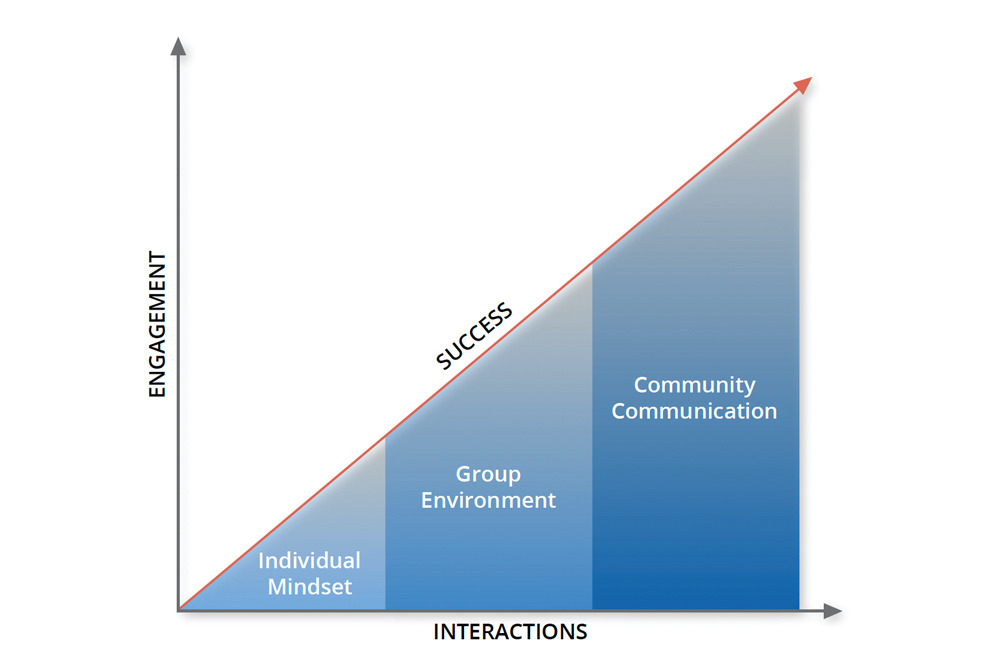
At school
An Agility of Mind for School Leaders
An Agility of Mind
I wonder how school leaders can harness change and adapt as they seek to create better student learning outcomes?
We live in a world of rapid change where the entire educational system is constantly challenged, a world being shaped in a context and time that are different to what went on in our past, a world where lifelong learning is a real key to employability and where this young learning generation calls for more co-creation and collaboration. Schools are people-filled where change involves interaction to enable key actors -students, teachers and parents- to shift their daily behaviors around learning and teaching. So between aspirations and what can be achieved, in a world of complexity and ambiguity where problems and solutions are unclear, it is getting extremely hard to adapt.
In other words, the school keeps changing as we are seeking to change it, like a plane being built as it flies…
Faced with these complexities, school leaders need to equip themselves and their teams with the capabilities to adapt to change as it happens and solve student learning challenges in their context.
An alternative to traditional change approaches can be found in the field of agile development. Rather than a linear approach, what about an agile model that adopts a learning culture of improving all the time. Rather than one big rush, what about aiming to make small changes that can be improved through disciplined questions and actions:
What can stay the same? What needs to be removed? What can be tweaked? What needs to be radically changed?
But how could this be implemented?
Every learner wants to succeed. Every parent dreams to see their children happy and live a successful life. Every educator wishes to see children thrive and does everything in their power to make it happen. Yet, for so many young learners, schools today are like a tsunami- something that just happens to them. Too man